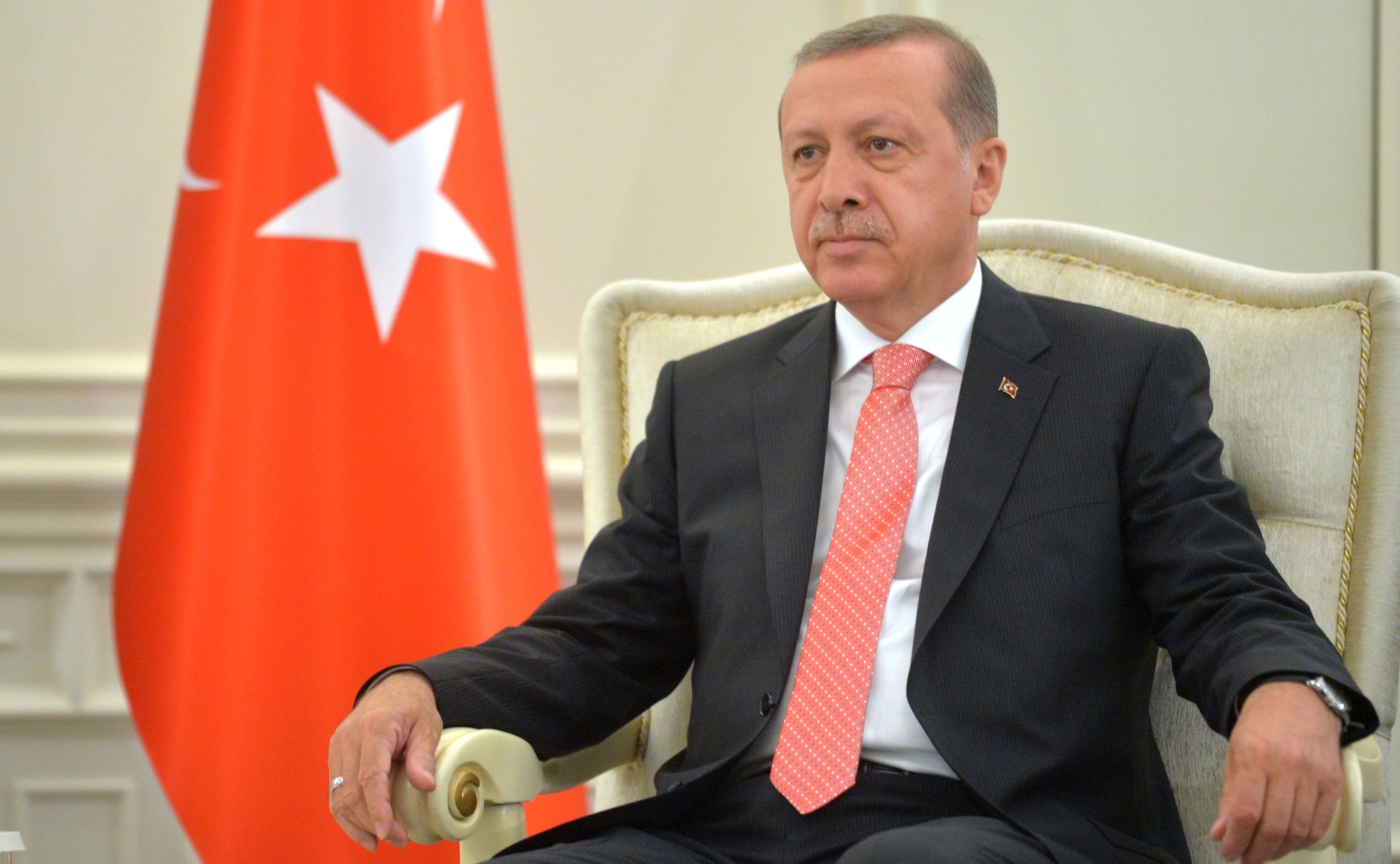
Sellahattin Demirtas leads the HDP (the People's Democratic Party) the main Kurdish party in Turkish politics. It operates as an undeclared civilian adjunct to the military PKK (Kurdish Workers' Party). Under Demirtas' leadership the HDP entered mainstream political life, giving rise to hopes of an accommodation between the Kurds and the mainstream Turkish establishment. This hope has now crashed in dramatic fashion, with the Turkish Army and the PKK once more fighting each other and bombs going off in the large cities, while the Kurds are also engaged fighting ISIS in Syria and northern Iraq. Demirtas's mission is further complicated by the involvement of Kurds from Turkey in the defense of autonomous Kurdish-administered regions of northern Syria—regions that the Turkish government regards as a direct threat to its security, but which the US has been protecting.
Christophe de Bellaigue traveled to Turkey during the election campaign to follow Demirtas—and to explore whether his message of peace has legs as the Turkish state and his armed fellow Kurds gear up for further conflict.




